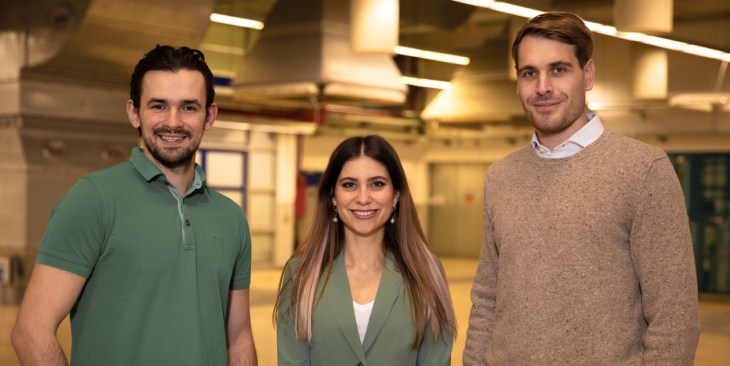
In 2024, a number of new EU regulations are expected to come into force, which will tighten the obligation of electric vehicle manufacturers and resellers to recycle batteries at the end of their natural lifespan. German battery recycling startup Cylib leapt at the opportunity, raising a total of €11.6 million ($12.6 million) to build a recycling factory.
“For too long, battery recycling hasn’t been efficient enough for companies to take advantage of,” said co-founder and COO at Cylib, Gideon Schwich. “We need to create awareness with different stakeholders to ensure that battery recycling is given the attention it deserves to enable a circular economy in battery usage.”
The company says that over the next six to 12 months, it will be working to recycle the first batteries provided by its pilot partners — demonstrating that the company’s process is scalable, alongside the challenge of building out the supply chains and customer base.
“The goal of this fundraising was to accelerate the industrialization of our sustainable recycling process, which has been developed over years of research. We now want to scale the process to reach industrial levels, with plans to establish a cutting-edge recycling facility so it can serve more customers across Europe,” says co-founder and CEO at Cylib, Lilian Schwich in an interview with TechCrunch.
The lead investor of this round is World Fund, while previous investors include Vsquared Ventures and Speedinvest. For this round, 10x Founders also joined. The current round is an €8 million extension, taking the total amount raised for the company’s seed round to €11.6 million.
“World Fund provides a strong climate capability, deep tech knowledge and operational expertise with an extensive network. That is why we are also very excited that Dr. Mark Windeknecht is joining as an observer to the board,” says Schwich. “World Fund only invests in startup technologies that can save at least 100 megatonnes of CO2e annually by 2040. World Fund is also joined by 10x Founders, which brings a wealth of knowledge on the path of a founder and will help to build the company even stronger.”
The company is aiming to create the most efficient and sustainable recycling process for lithium batteries — like the ones used in electric vehicles. The company has created a process that means it can take end-of-life batteries, recover the resources and output new raw materials. The idea is to close the loop and ensure the mobility sector can run on electrified, regenerative energy. The company says it has a 90% recycling efficiency.
“By doing so, we can also make it possible to trace back all resources and ensure supply chain transparency, drastically lowering the environmental footprint of batteries and driving the decarbonization of mobility and transport forward,” says Lilian Schwich, pointing out that this reduces the need to mine additional lithium. “This will enable true green and circular mobility.”
Credit: Source link


Comments are closed.